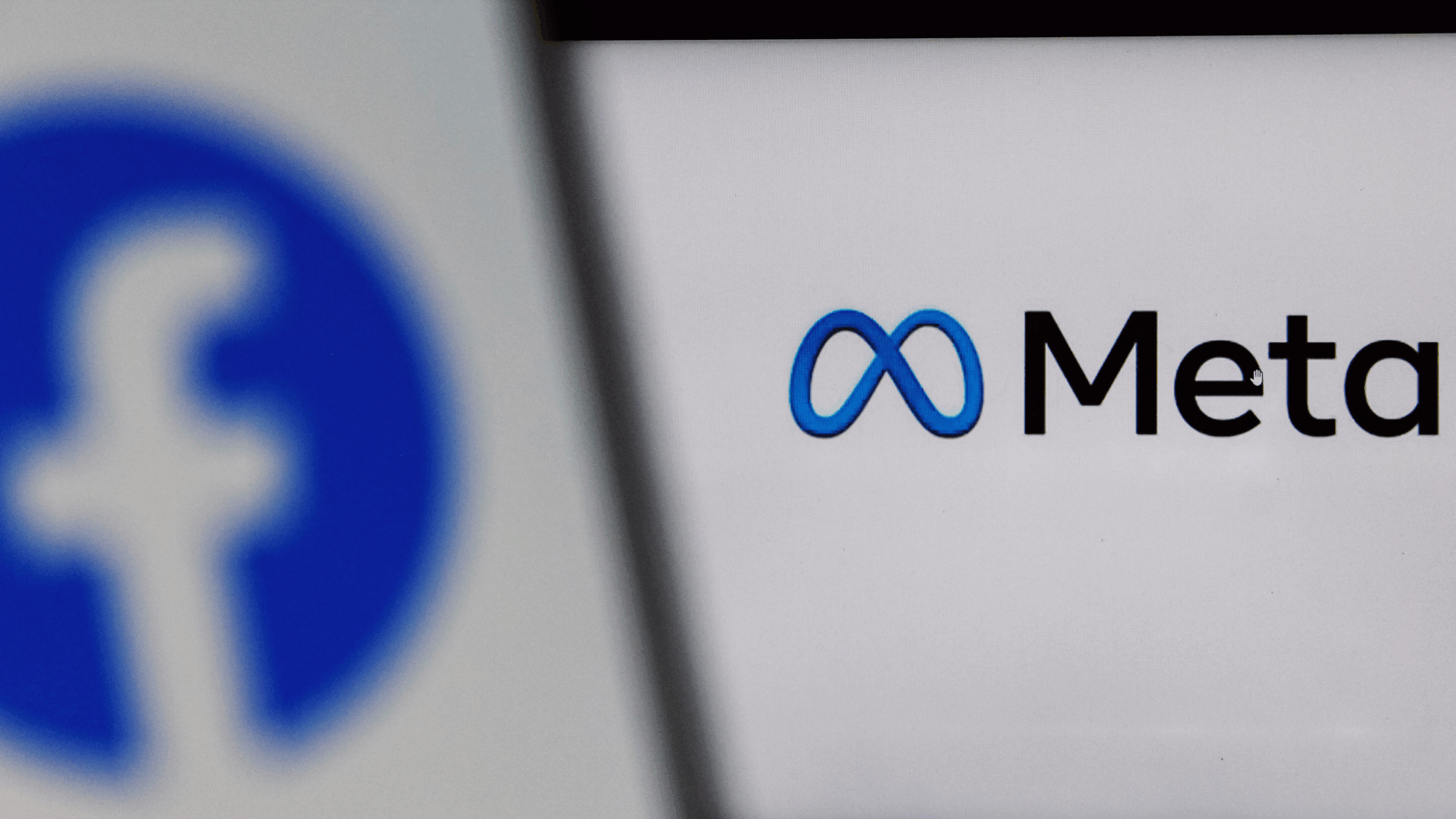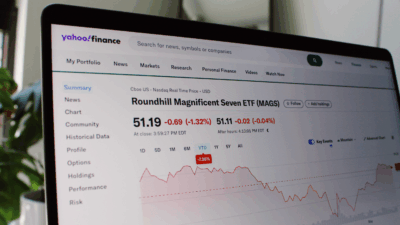The EU Thinks Meta’s Ad-Free Service Is Illegal
The European Commission said it believes Meta violated the new Digital Markets Act by implementing a monthly subscription to escape ads.
Sign up for smart news, insights, and analysis on the biggest financial stories of the day.
The EU seems to be enjoying its newfound monopoly-mashing powers. Last week, the organization enforced its antitrust legislation for the first time with a preliminary finding against Apple, which it quickly followed with another finding against Microsoft. Now, it’s Meta’s turn.
On Monday, the European Commission said in a preliminary finding that it believes Meta has violated the new Digital Markets Act (DMA) by implementing a system in which Europeans can pay a monthly subscription to escape the usual cavalcade of targeted ads. According to the EU, privacy wants to be free.
Counting Euros
Under the DMA, “gatekeeper” companies (i.e., Big Tech) need to ask user consent before “combining their personal data between designated core platform services and other services.” Meta introduced its paid ad-free service for European users last year, arguing it had given them the choice to opt out from having their data hoovered up and handed round — that choice simply involved the issue of payment.
In a statement to The Daily Upside, a Meta spokesperson said the subscription plan “complies with the DMA,” and added that Meta has offered to slash the cost of its subscription by 40%, but is “still awaiting regulatory feedback.” Let’s dig in to the numbers:
- At the moment, a base subscription costs between €9.99 and €12.99 per month, plus €6 to €8 per additional account, so a person with a Facebook and an Instagram account might expect to pay €20.99 a month to avoid ads.
- The company told the EU it could lower that to €5.99 per month plus €4 per additional account: that’s €9.99 per month total for Facebook plus Instagram, or €119.88 for an ad-free year.
“I think they are treating the EU like a customer rather than a custodian if they are trying to haggle prices,” Dr. Bernie Hogan, a social data scientist at the Oxford Internet Institute, told The Daily Upside. “It misreads the ruling by the EU and tries to reframe [the EU] as being stingy when they are examining this from a rights-based perspective, not one of the specific cost,” he added.
It All Adds Up: Meta’s subscription model is already the subject of a lawsuit from European privacy activist group noyb, which argues that it violates Europe’s pre-existing GDPR privacy laws. For noyb co-founder Max Schrems, the EU’s action could go far beyond Meta’s individual business model. “The logic of the Meta case would also apply to any other ‘pay or okay’ website,” Schrems said in a statement. In an analysis published in March, noyb found that some European websites are also using “pay or okay” plans. In Germany, 30% of the top 100 websites used it — paying to avoid tracking on all of those websites would run you up an annual bill of over €1,500 ($1,610).












